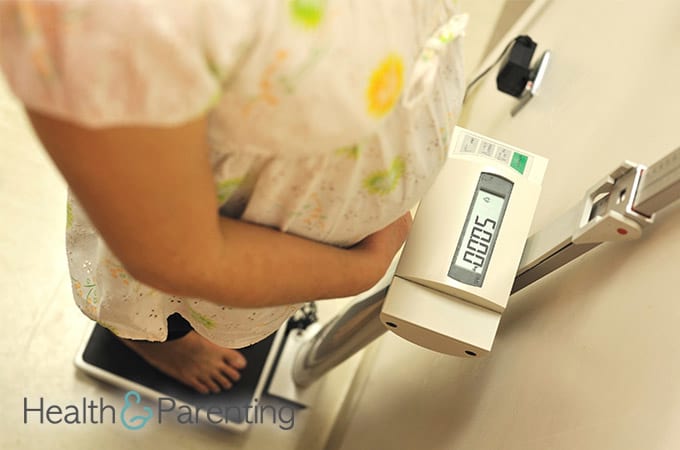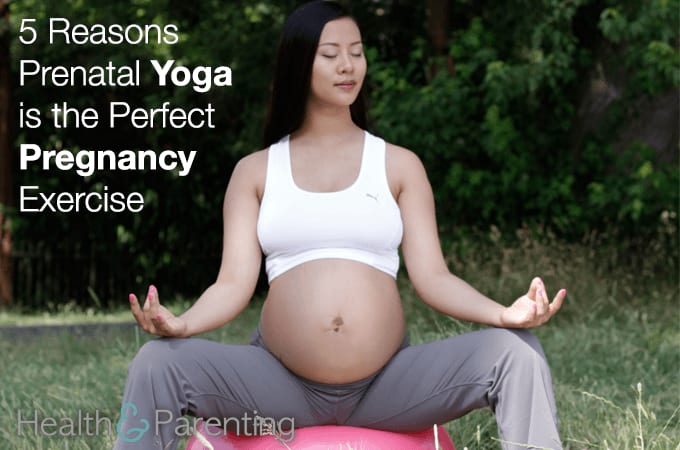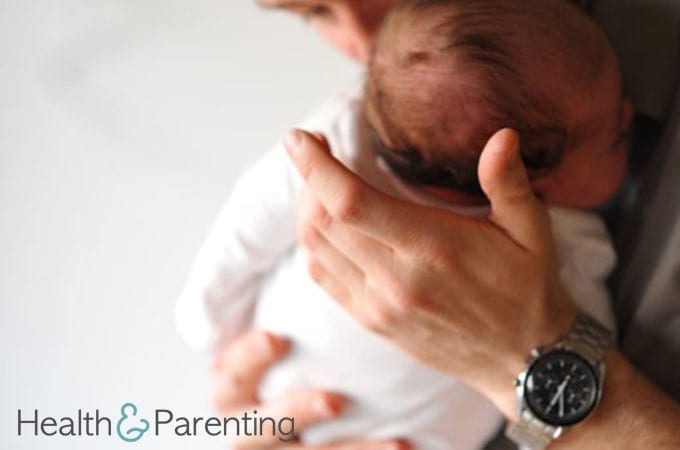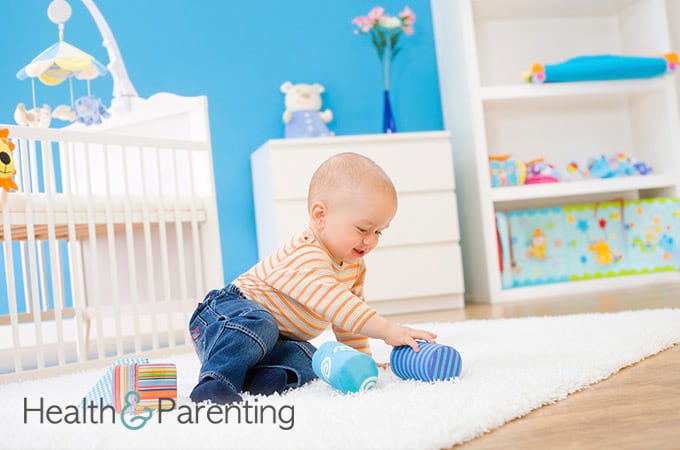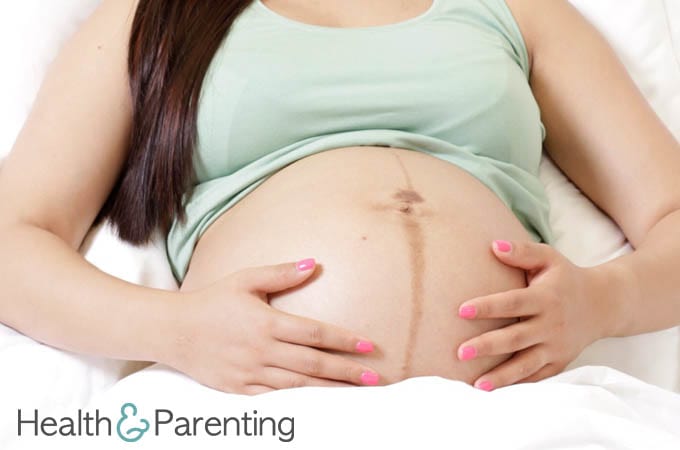Vaginal discharge during pregnancy is just one of the least pleasant side effects of being pregnant. And, it’s one of the least talked about – probably because so many women are embarrassed about it, that they don’t want to mention it to their physicians or talk to their friends about this often ‘sticky’ situation.
The reality is, that excess discharge and moisture from the vaginal area is completely normal during pregnancy. With your hormone levels on the rise – fluid levels and blood volume constantly increasing throughout pregnancy and your uterus and cervix changing to facilitate your readiness for delivery, your vaginal discharge will naturally secrete more mucous than normal.
The discharge is normally clear and runny, and can have a white or yellow tinge to it. Many women have so much discharge during late pregnancy that they have to wear a pad or panti-liner in order to control it. The good news is that this normal pregnancy discharge is not accompanied by itching or burning or a foul smell as is present when you have a yeast or vaginal infection. If you DO notice any of these symptoms – or have any abdominal pain, and the discharge becomes extremely bloody or greenish in color, you should contact your physician so that you can be treated. Keep in mind that it is extremely important that you do not go to your local drug store and try to self treat your ‘condition’ with over the counter medications. Some of these medications can be harmful to your unborn baby and should not be utilized while pregnant.
The closer you get to your due date, the more vaginal discharge you will have. In the third trimester especially, it is normal to begin losing your mucous plug which can cause the discharge to be thicker than usual. The mucous plug is defined as a ‘jelly like’ substance that plugs the cervix and therefore the birth canal, during pregnancy. The loss of the mucous plug can occur swiftly all at once, or it may cause a continuous increased mucous discharge for a few weeks. It may even begin to have a pinkish color (although not extremely bloody) which indicates that you are getting closer to delivery
For the most part, an increase in discharge during pregnancy is simply annoying and doesn’t signify that you are having any serious problems with the pregnancy. Listen to your intuition and if you notice any sudden and very drastic changes, it is best to get in touch with your health-care provider. Additionally, if you have any bloody discharge, you should contact a health professional.
During pregnancy, you will have many side effects and symptoms or worries that may seem embarrassing to talk about with others. The reality is that each and every woman experiences different things, and that most of the changes occur as your body prepares for labor and delivery. Pregnancy is definitely not a time where you should feel shy or embarrassed about what is going on with your body.
Written by Stef, Mother of 4 @Mom-Spirational
This information is not intended to replace the advice of a trained medical doctor. Health & Parenting Ltd disclaims any liability for the decisions you make based on this information, which is provided to you on a general information basis only and not as a substitute for personalized medical advice. All contents copyright © Health & Parenting Ltd 2018. All rights reserved.


